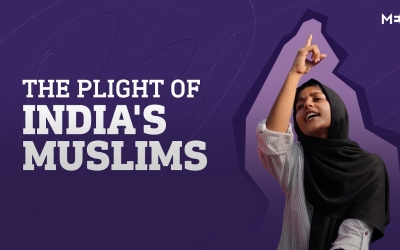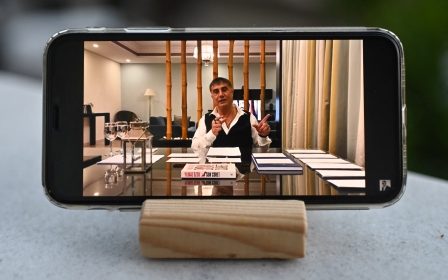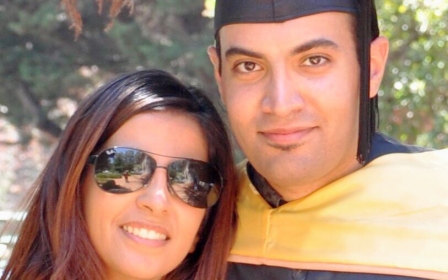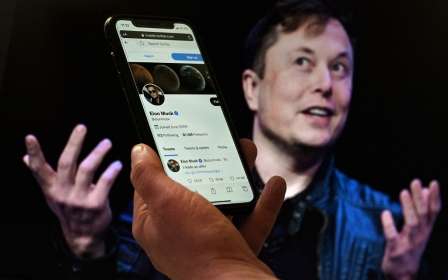Twitter sues Indian government, challenging orders to remove content
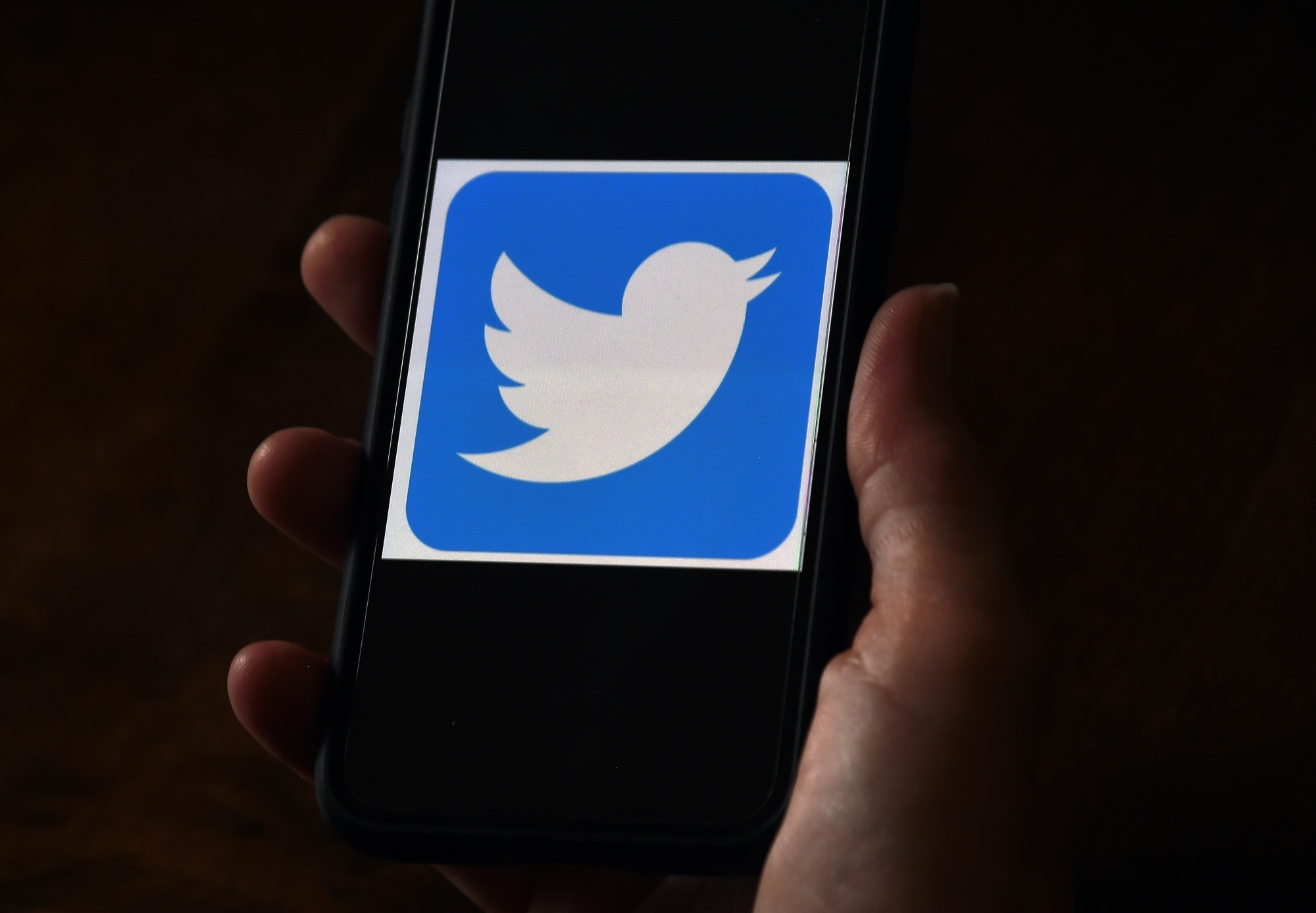
Twitter on Tuesday filed a lawsuit against the Indian government, pushing back against orders to censor content on its platform.
The lawsuit, filed in the Karnataka High Court in Bangalore against the Union Government of India, is part of a broadening battle between tech giants and governments around the world, including in the Middle East, where activists and journalists have raised serious concerns over the issue of censorship.
New MEE newsletter: Jerusalem Dispatch
Sign up to get the latest insights and analysis on Israel-Palestine, alongside Turkey Unpacked and other MEE newsletters
Tuesday's filing comes after India's information and technology ministry had asked Twitter to take down multiple accounts and tweets that were non-compliant with its new IT laws that allow the government to block access to content in the interest of national security, among other reasons.
The government recently demanded the US company to take down tweets from Indian journalist Rana Ayyub, a critic of Indian Prime Minister Narendra Modi and his Hindu-nationalist government; and Indian journalist Mohammed Zubair, who was recently arrested over his tweets. Zubair is a prominent journalist known for debunking fake news, monitoring hate speech and exposing Islamophobia.
Opponents of Modi's government have meanwhile accused his government of using the country's laws to clamp down on dissent and criticism.
Middle East censorship
Around the Middle East, activists, journalists and rights groups have raised alarm bells over the use of government-linked propaganda campaigns and censorship by governments to suppress dissent. Social media companies including Twitter are at the centre of many of these cases.
Twitter has removed thousands of accounts that have been linked to propaganda campaigns by governments, including Saudi Arabia and Egypt.
However, at the same time, companies including Twitter have been accused of suppressing content critical of Middle East governments.
For years, Palestinians have highlighted how social media companies censor their content and have accused the social media giant of having bias towards Israel.
Activists and rights groups have accused Facebook, which also owns Instagram and WhatsApp, of censoring Palestinians and their allies, following the removal of pro-Palestinian posts.
Nearly 200 Facebook staff members also accused its systems of unfairly taking down or down-ranking pro-Palestine content before and during Israel's offensive on Gaza in May 2021.
In 2020, Twitter suspended dozens of Palestinian and pro-Palestine accounts, a day after an Israeli ministry report was released on "phony" online profiles that criticised Israel.
Middle East Eye delivers independent and unrivalled coverage and analysis of the Middle East, North Africa and beyond. To learn more about republishing this content and the associated fees, please fill out this form. More about MEE can be found here.


